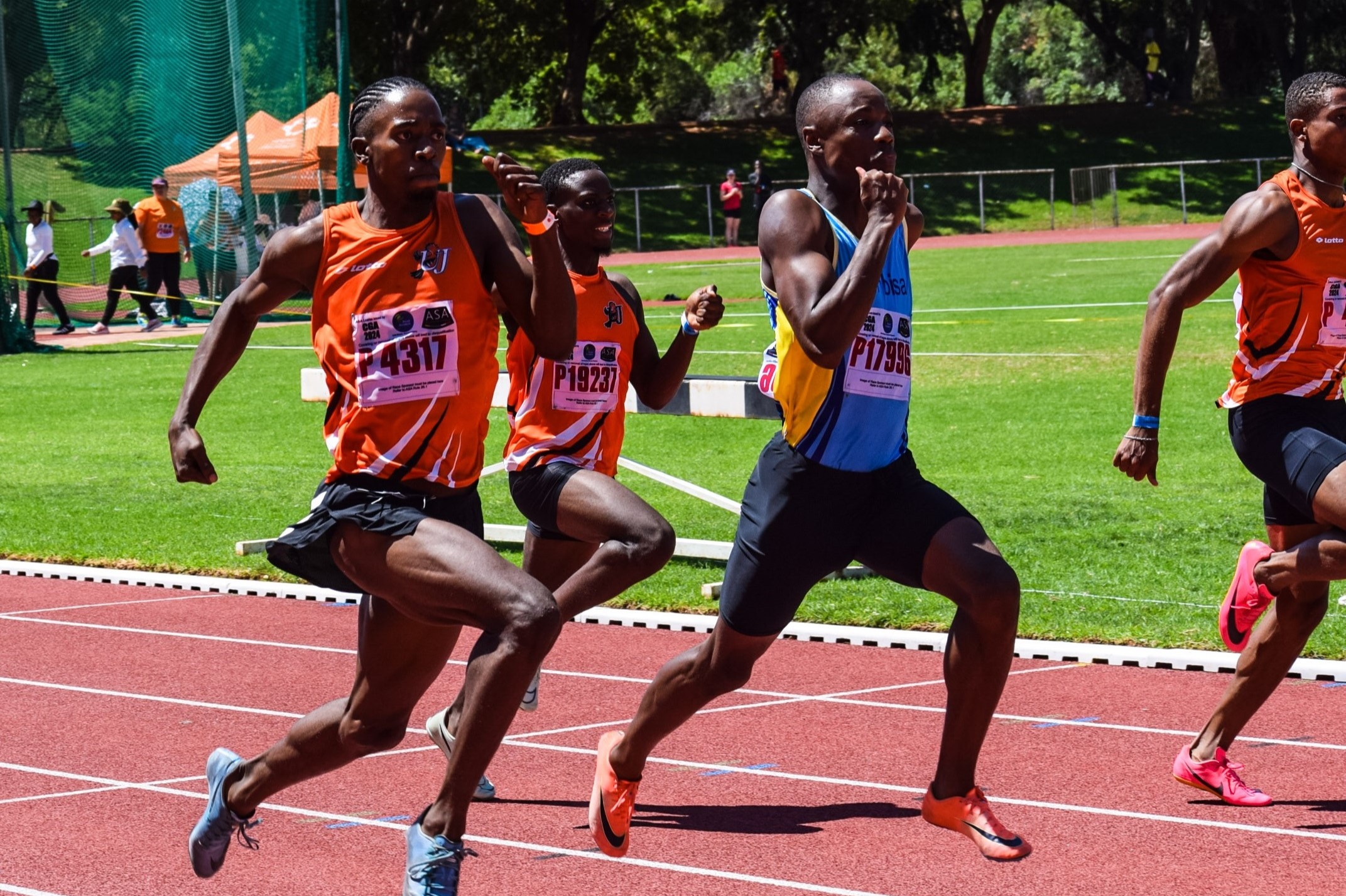She stressed that the challenges associated with the low standard of mathematics and science education in South Africa are in some cases attributed to teachers’ lack of adequate content knowledge and pedagogical content knowledge in mathematics and science, which leads to low quality teaching. She urged the teachers to facilitate learning and to make provision for teacher training, as learners need empowered teachers to become productive citizens.
Also addressing the delegates, the South African Institute of Physics’ president, Dr Igle Gledhill, said that coordinating effective actions and solving problems should be the focus. She believes that constructive peer coaching and innovative mentorship programmes can also benefit experienced teachers, adding that university physics and science departments should play a crucial role in teacher education.
Prof Azwinndini Muronga, Director of UJ’s Soweto Science Centre echoed Dr Gledhill sentiments. He added that there is no doubt that the country needs serious intervention strategies to strengthen mentorship, support and guidance in curriculum implementation at secondary school level, especially at grade 10, 11 and 12 level. “The UJ Soweto Science Centre aims to address some of the challenges faced by our country in the areas of Mathematics, Science, Engineering, Technology, and Innovation.”
Prof Muronga also highlighted that the UJ Soweto Science Centre fulfils a vitally important function in the community because it not only encourages learners to do well in matric, but it also prepares them for the challenges associated with university studies.



